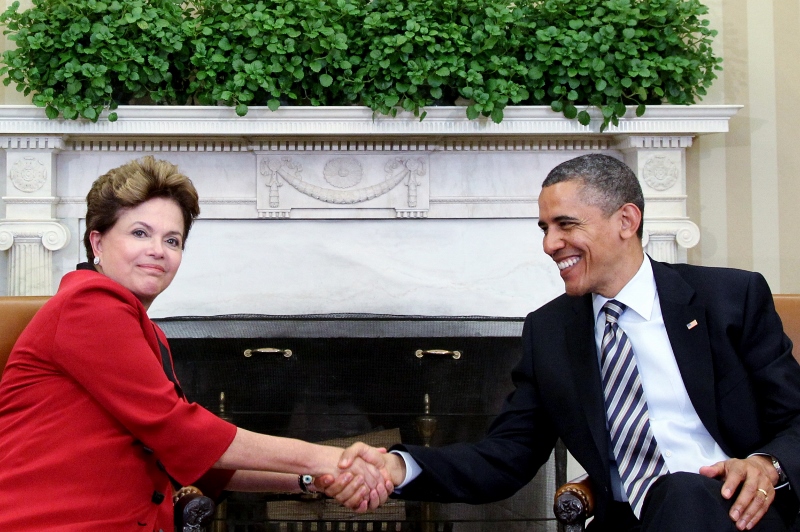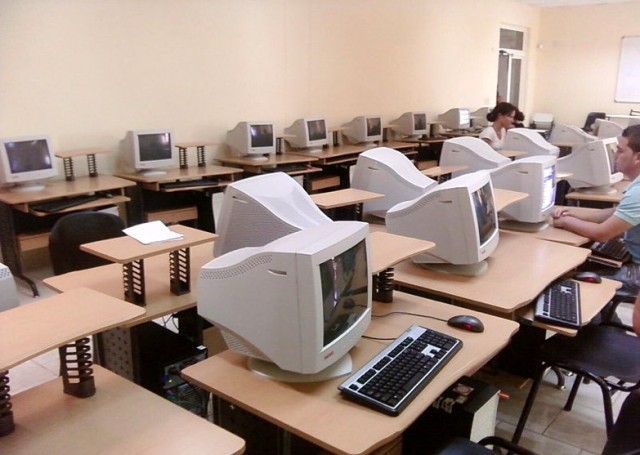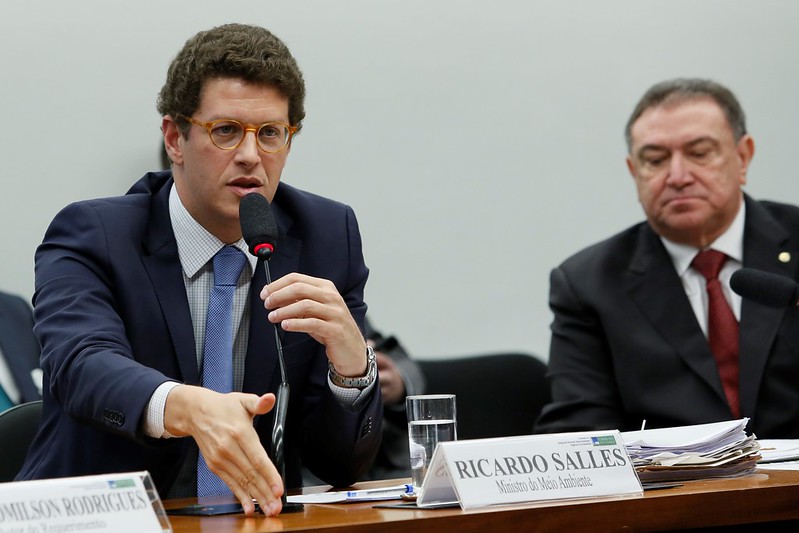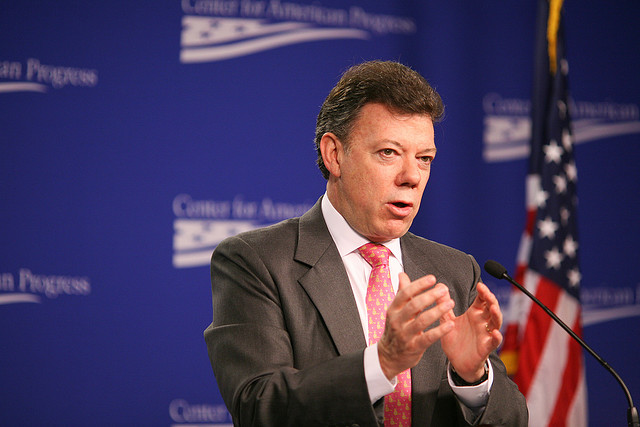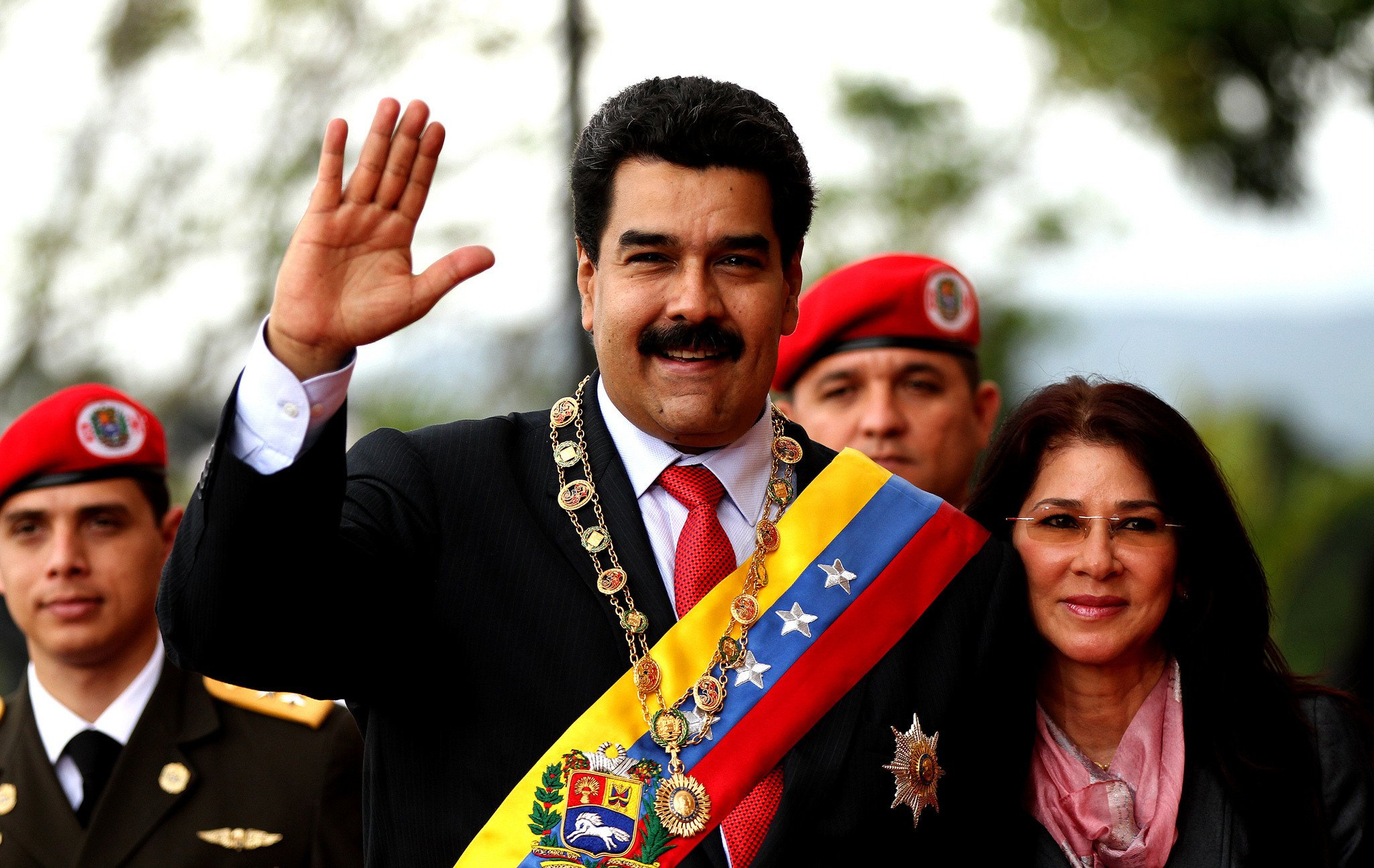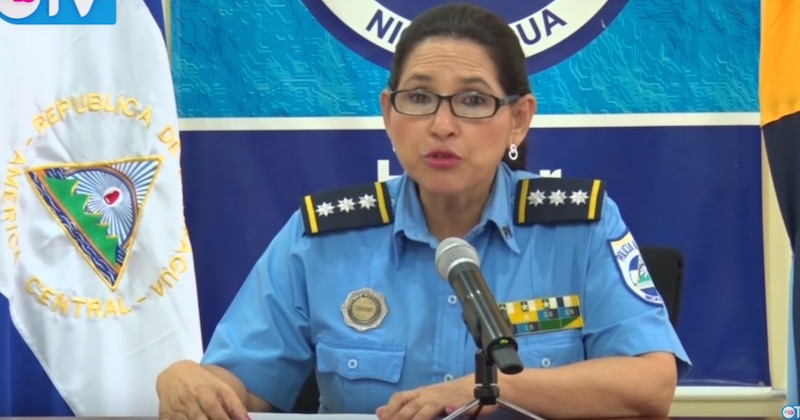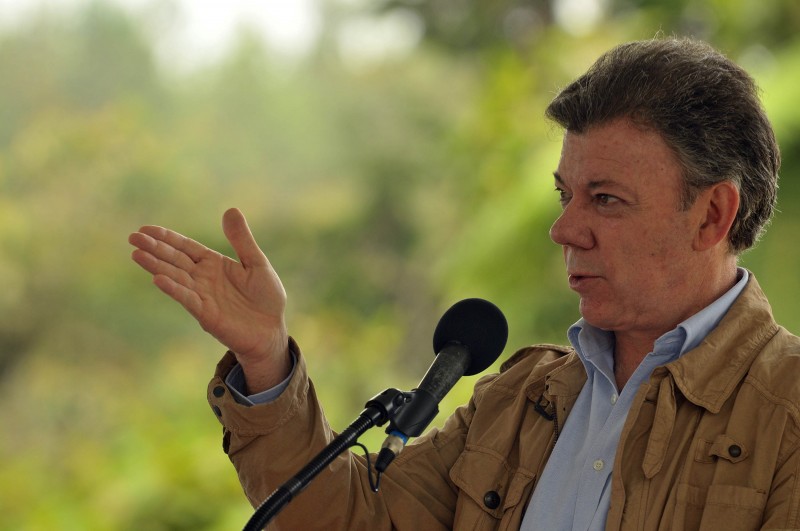
Colombia, Latin America: Week in Review
US Drug War Ally Colombia Will Legalize Medicinal Marijuana
November 13, 2015 By Staff
Top Story — On Thursday, Colombia’s government announced it will legalize the commercial sale of marijuana for medical and scientific use, The Associated Press reported.
The upcoming decree by President Juan Manuel Santos will provide for every step of the commercialization of marijuana, including distributing licenses to cultivators, vendors, and overseeing the eventual export of marijuana-based products.
Colombia follows the lead of other Latin American countries such as Mexico, Chile, and Uruguay, who have all attempted to introduce policies to partially decriminalize or legalize marijuana within their borders, with varying degrees of success. Last week, a Mexican Supreme Court ruling which allowed the use of marijuana by members of an activist group was seen as opening the door to a larger debate on drug policy reform.
Uruguay was the first country in the region to legalize the cultivation and consumption of marijuana in 2013.
As the AP reports, conservative critics fear that Colombia’s announced change to marijuana policy indicates a “weakening” on drug policy, in a country that has both been a key ally of the U.S. in its anti-drug efforts and a top supplier of cocaine. Santos’ administration in May suspended the aerial spraying of chemical defoliant against coca plants, although recent reports suggest officials are seeking a new chemical with which to restart the practice.
Headlines from the Western Hemisphere
North America
- Mexican officials confirmed that Pope Francis will visit Mexico City as well as the states of Chiapas, Chihuahua and Michoacan, the latter two of which have been wracked by years of drug violence, during his visit early next year.
- Mexico launched a new initiative in October to encourage millions of eligible immigrants living in the United States to become U.S. citizens, a process Mexicans undergo at a much lower rate than their counterparts from other countries.
Caribbean
- A man in Haiti suspected of criminal connections was burned alive by a group of vigilantes angered by a slew of recent rapes and robberies in Port-au-Prince on Thursday, as protests over Haiti’s contested presidential elections grew after an elections official refused to sign off on the preliminary vote results because he doubts their credibility.
- The United States and Cuba discussed closer agricultural cooperation during Thursday talks, including increased trade despite the ongoing U.S. embargo.
- Authorities in Puerto Rico have accused 33 people of running a multi-million dollar drug trafficking ring on the island, a key transit point for drugs entering the United States in part because of its status as a U.S. territory.
Central America
- A U.N. inidigenous rights official on a visit to Honduras warned that indigenous groups there “face a critical situation” as they have suffered continued human rights abuses regarding their land rights, lack of official recognition and vulnerability to violence without legal protection.
- Over a thousand Cuban immigrants are stranded in Costa Rica after authorities altered immigration requirements and also dismantled a migrant smuggling ring earlier this week.
Andes
- Colombia’s national civil registry has 30 days to update birth certificate forms to allow for two mothers or two fathers to be listed as parents, after the country’s Constitutional Court ruled on Thursday that same-sex couples can register their children in both parents’ names.
- Opposition politicians in Venezuela have issued strong responses to the arrest by U.S. authorities of two relatives of President Nicolás Maduro’s wife on drug trafficking charges, calling for measures ranging from a local investigation into the charges to Maduro’s outright resignation.
- After the U.N. Commissioner for Human Rights on Thursday harshly criticized Venezuela’s judicial system, Maduro defended the South American country’s human rights record, particularly advances in poverty reduction, and condemned what he said was an ongoing U.S. campaign of harassment and sabotage, during a special U.N. session on human rights in Geneva. Reuters notes that Venezuela has not invited U.N. rights officials to conduct a fact-finding mission since 1996.
Southern Cone
- Brazil’s government on Thursday confirmed it will levy more than $66 million in fines against mining firms Vale and BHP, the operators of the mine where two dams burst in Minas Gerais state on Nov. 5, killing eight and leaving 19 missing.
- Brazil also announced fines against German automaker Volkswagen on Thursday, the maximum $13 million allowed by law in connection with the company’s fraudulent emissions systems which were reportedly installed on some 17,000 cars sold in Brazil.
- A Brazilian judge on Thursday ruled to lift bank secrecy protection for ex-Finance Minister Guido Mantega, a member of President Dilma Rousseff’s embattled Workers’ Party, who is being investigated over his role in a tax evasion scheme that may have cost the Treasury more than $5 billion.
